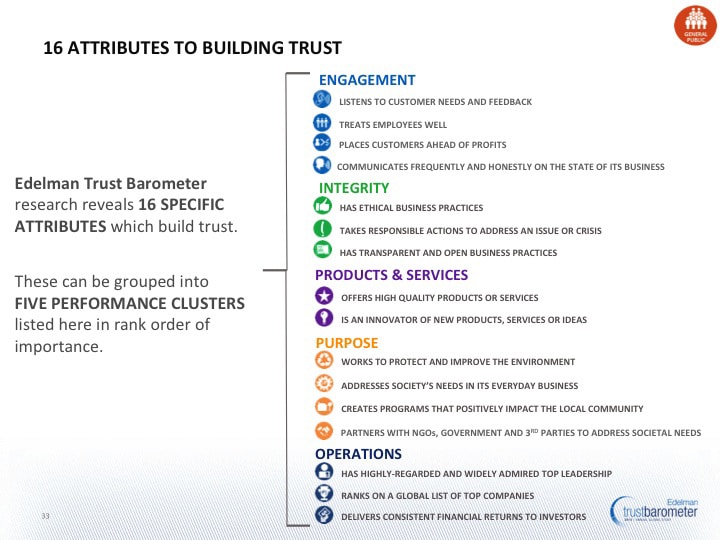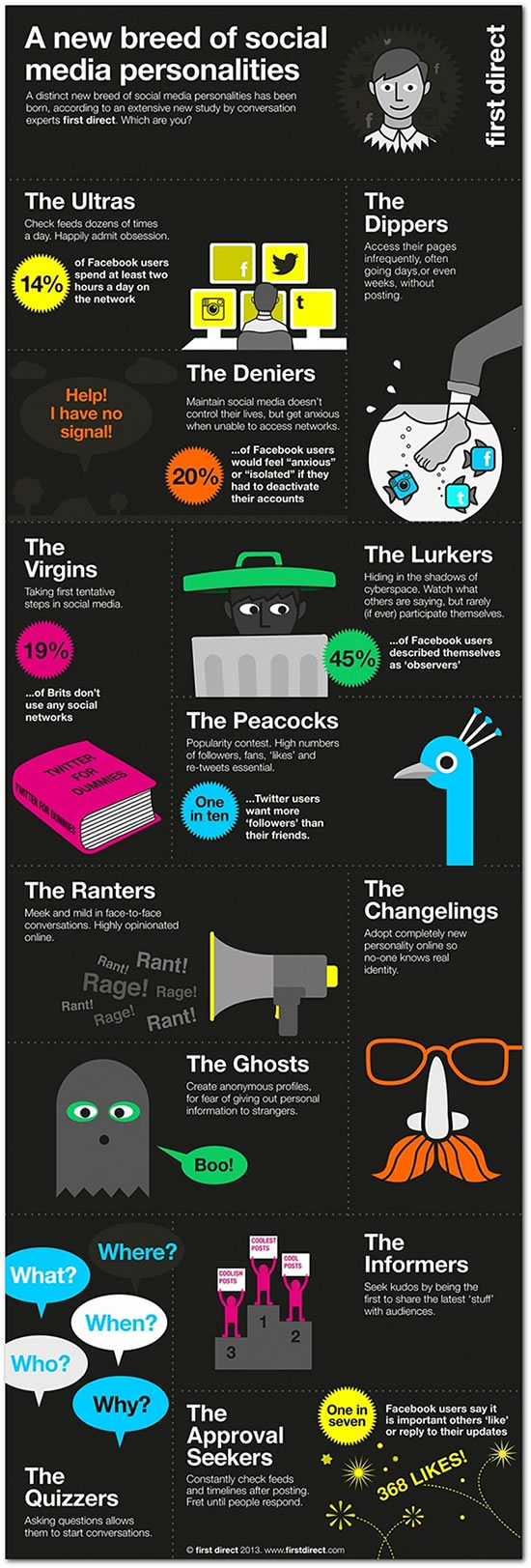
Customer-centric social media marketing requires a personal approach. It’s about people connecting with people. However, many businesses still look at the tools and channels first and don’t see the overall digital business picture. In virtually all business functions, people, personality and relationships are key. Faceless and big companies are looked upon with distrust.
It’s an evolution that has been going on for years, especially since communication often was company-oriented and more a monologue than a dialogue.
Social media enabled people to voice their opinions in very public ways and to have more control over how they interact with businesses regarding the when, where and how and regardless of the reasons why. This phenomenon contributed to the need of business to be more customer-centric, listen to their customers and move from monologues to dialogues, dropping the ivory tower and faceless mentality. Social media did not cause this; it just speeded up the process and enabled people to form social and online communities in ways we didn’t know beform.
People already were losing trust in ads, corporate messages and businesses in general. Proof: we skip ads on TV because we can, and we increasingly ignore emails, certainly when not personalized, and banners on the Web, a phenomenon called ‘banner blindness’. And it’s about more than just the message or content formats defined in the – social – content marketing strategy. It’s about the people and organization we trust and distrust. Edelman’s Trust Barometer is just one of many reports showing how trust has shifted and keeps shifting.

Putting the customer first: customer-centric social media marketing is integrated
Smart organizations understood this and realized they had to put their customer first and find other ways to provide value and generate more revenue, instead of broadcasting messages, promoting only themselves. Putting the customer at the heart of what we do, also known as customer-centricity, is one of the key fundamentals of social media and business success. It’s also fundamental in content marketing success.
Organizations have to go through the Copernican shift and drop the mentality whereby channels, content and messages are put first. They need to talk in a human voice, connecting the brand’s personality, as voiced by their people, with the customer’s personality. They need to connect the dots between various marketing tactics and provide a connected, consistent and integrated customer experience.
However, it’s important to broaden the definition of a customer. Bloggers, journalists, colleagues, partners and other people within the social sphere of an organization are customers too. While relationships of trust and dialogue are important in the so-called buyer journey of customers in the strict sense of – prospective – buyers, they are equally important in the interactions with these ‘other’ customers.
Just think about media relationships, for instance, and the ways journalists and bloggers are looking for stories. Or about the ways social media enable you to collaborate with partners, based on dialogue. In this regard it’s sad to see how many businesses are still using corporate blogging, in practice often the hub of a social media strategy, to talk about themselves instead of addressing the needs, questions and emotional triggers of their audiences.
Customer-centric marketing drives purchases and much more. That’s not a secret. Connected or social customer-centric marketing drives even more if you can connect the dots and provide your customers with what they seek.
Social brand personality and people-centricity
The basis of regaining trust in relationships with – prospective – customers in the broad sense is obviously having a relationship to start with. And the stronger and more personal it is the more valuable it becomes. Furthermore, people are not isolated but connected and the strength of more ‘social’ relationships travels fast in a connected reality.
The basis of a strong relationship is personality. People see a brand and business as a whole but the reputation of the brand is the result of many contact moments or so-called touchpoints.
By making these more personal, trust grows. The essence of a business is not what it sells or says it does. It’s the people that work for it, the people that buy and all others in the so-called ecosystem, such as partners and – in a social and connected reality – the relationships of their relationships, the audiences of their audiences.
The personality of a brand is co-defined by the personal voices of all people representing and connecting with it. Customer-centric social media marketing is people-centric marketing. The next question is how you can scale personal and people-centric marketing (needed in businesses that have less contact with their customers due to the nature of their activities. But that’s for a next post. Personas and touchpoints will play an important role in it.
What’s your brand and social personality? And how will you connect it with the personality of your customers in the broadest sense, whether we categorize them in ‘social media personalities’ – as in the model below – or treat them as the way we should: as people?


